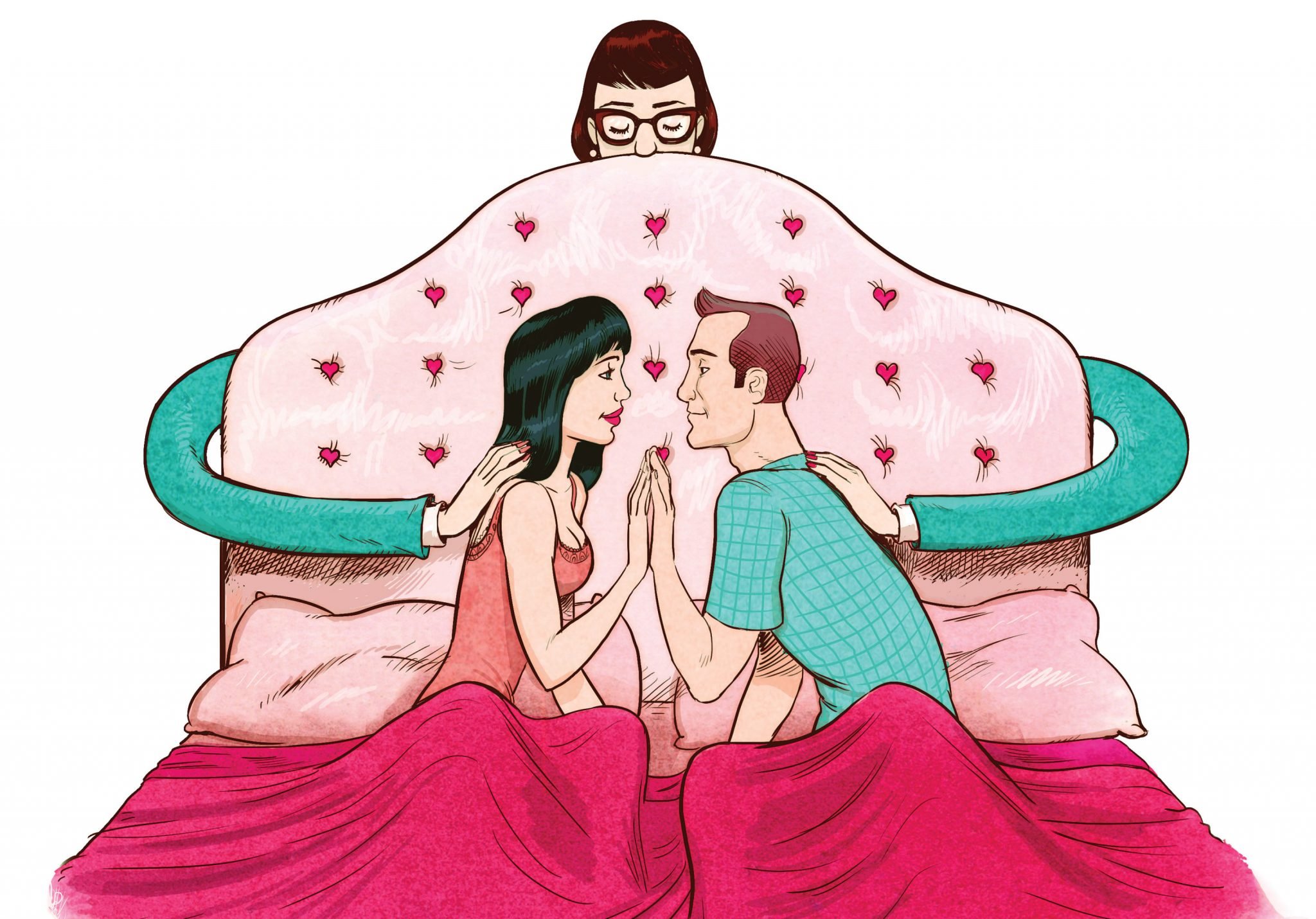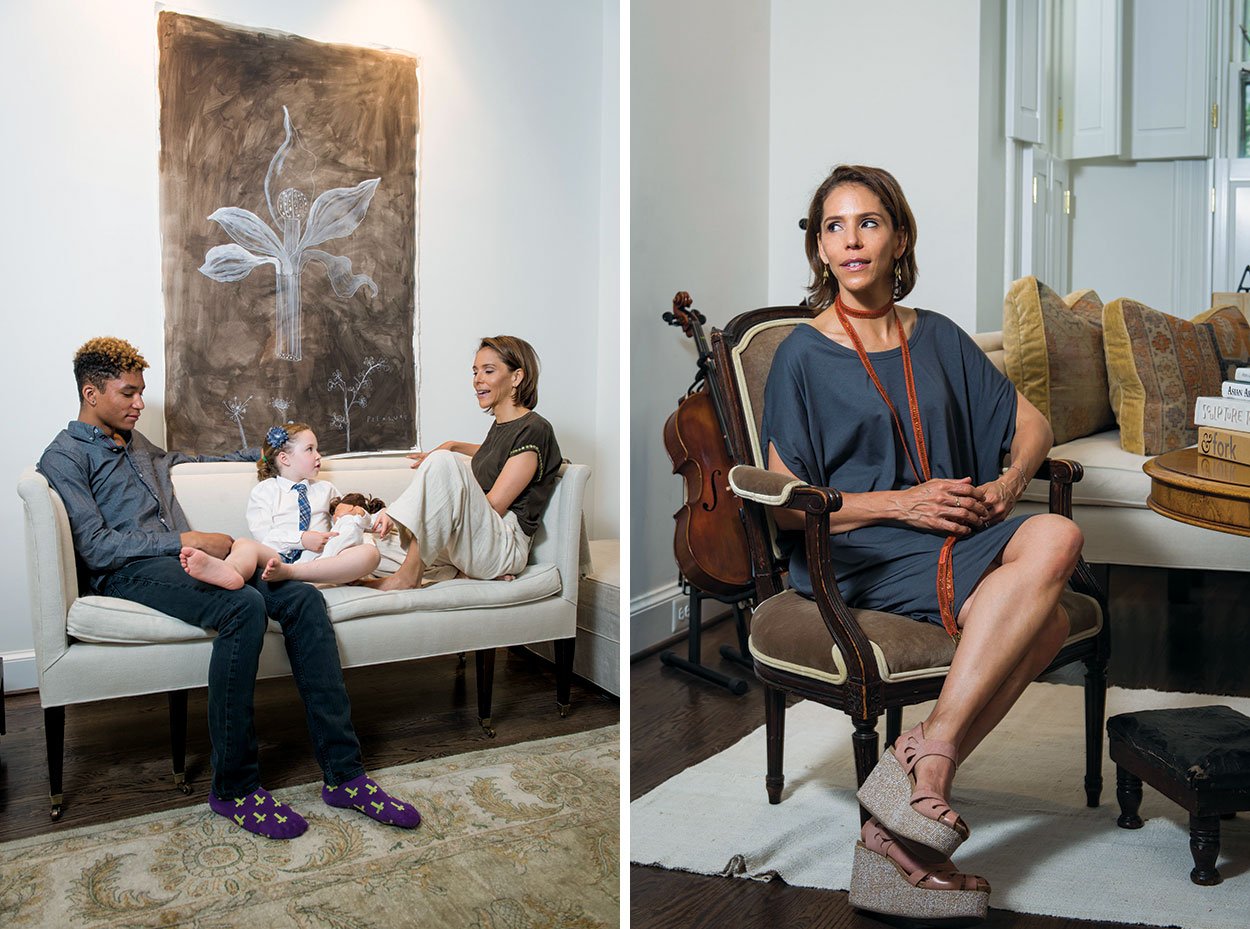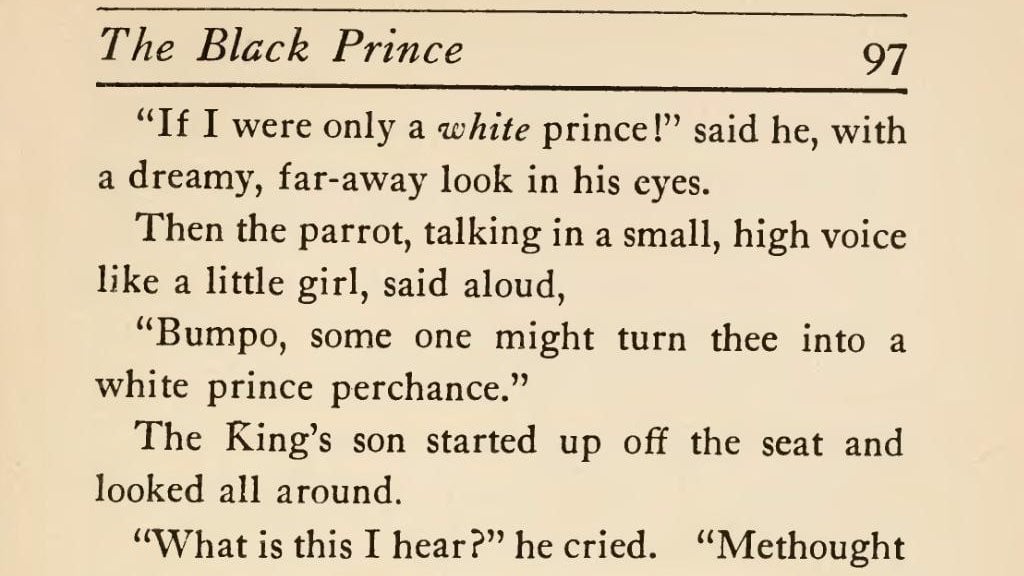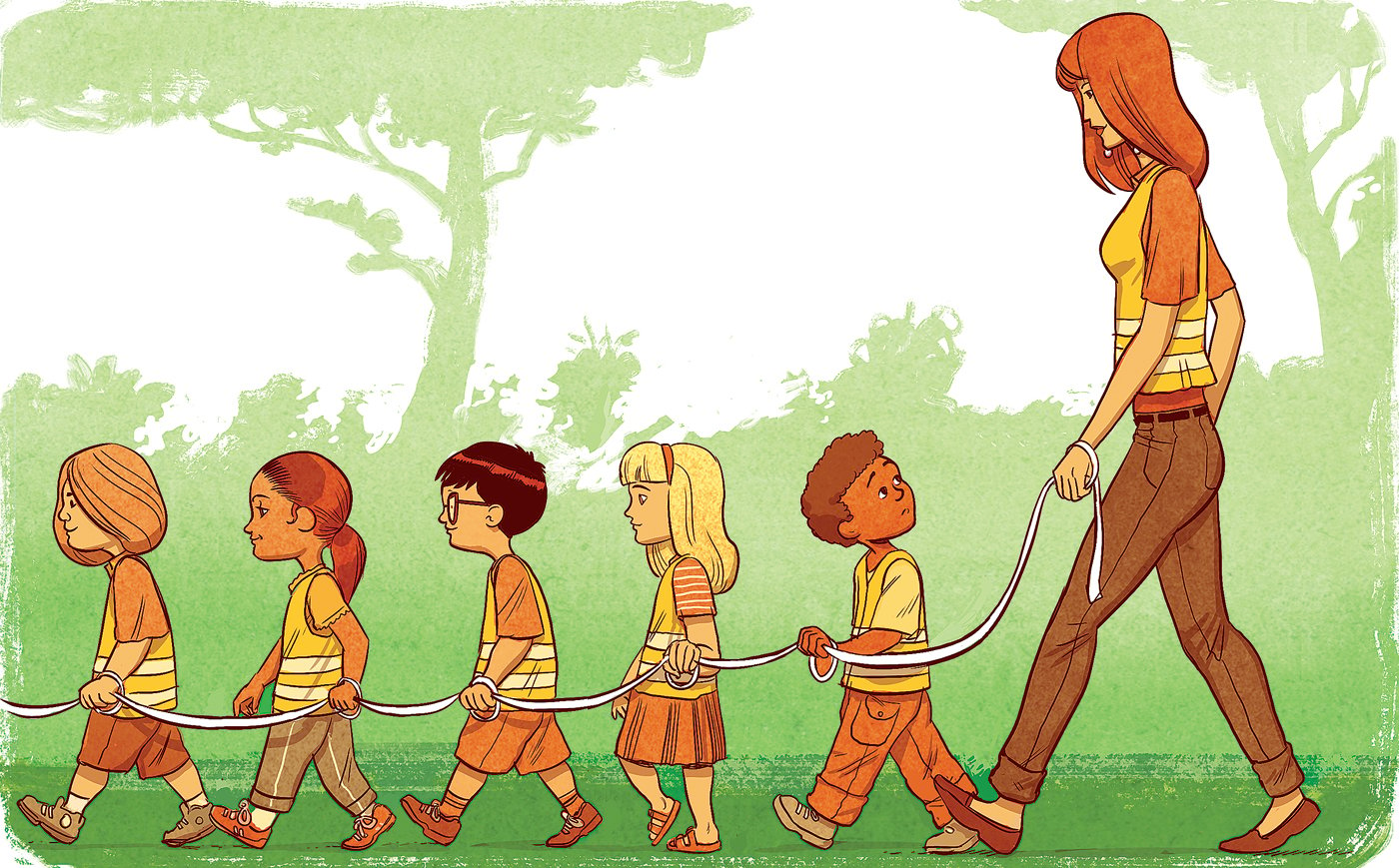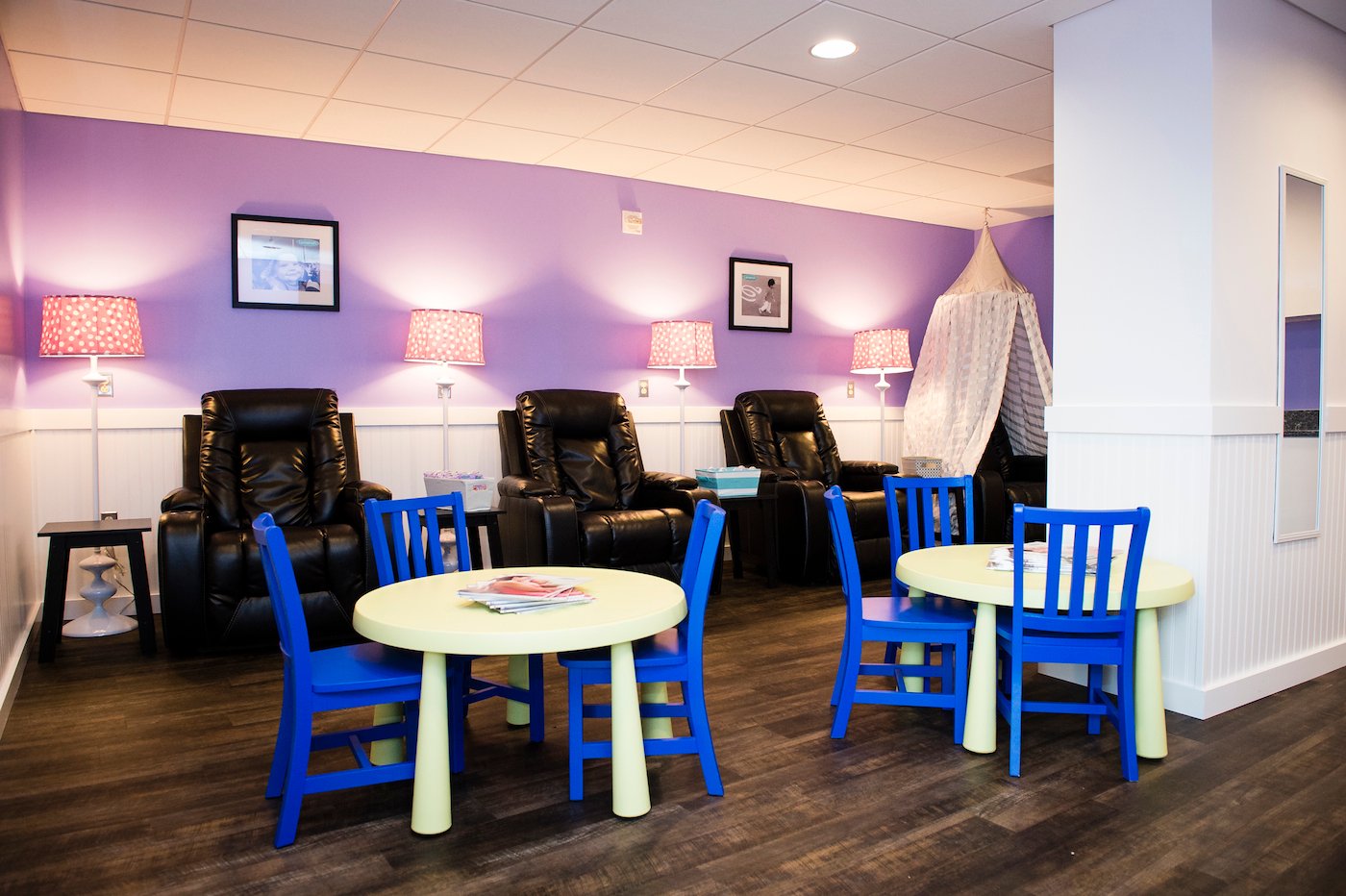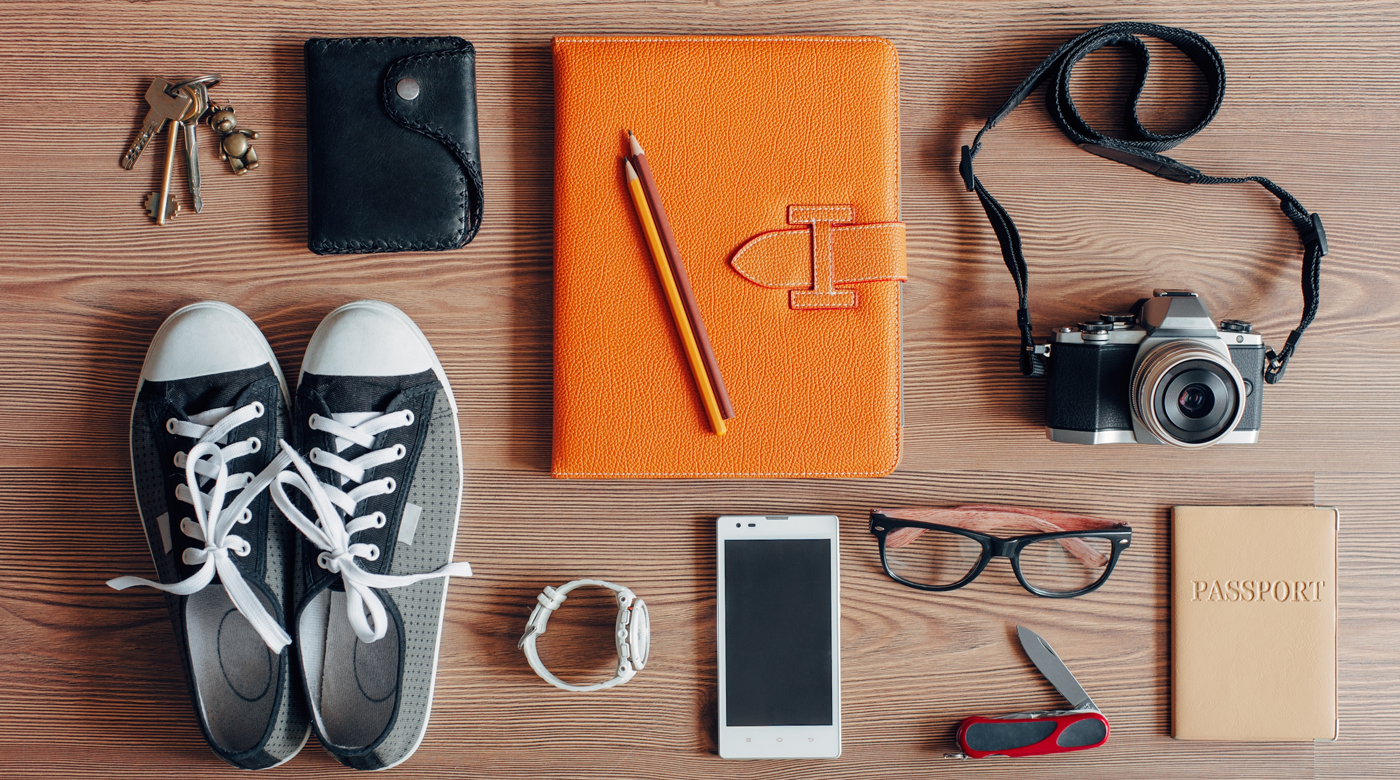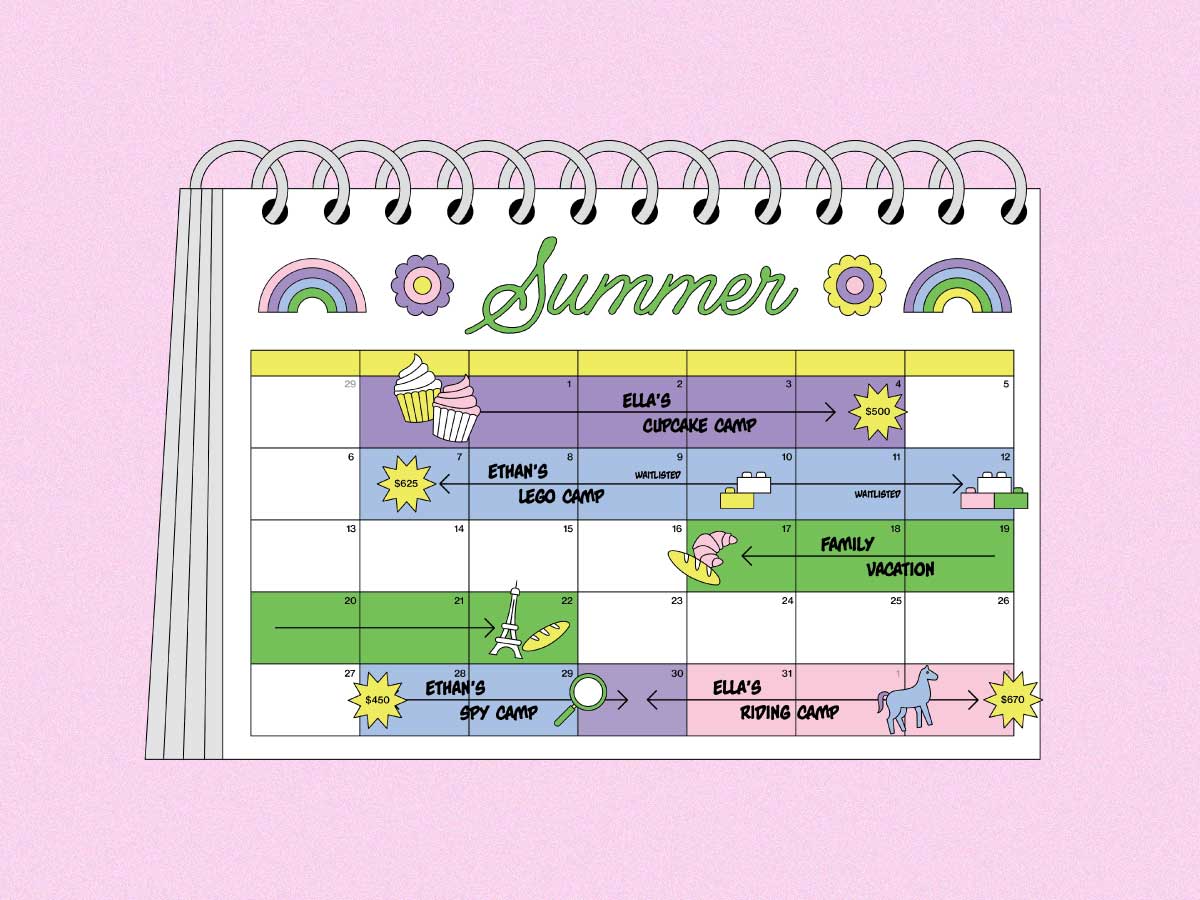It’s usually a hushed whisper: “I hear they’re in therapy.” Suspicion, speculation, and general glad-it’s-not-us comments tend to follow, fueled by the sinking feeling that another relationship is about to bite the dust. But why is being in marriage counseling a bad thing? It’s time we turned the tables on getting help.
Rachel’s* parents were married for 40 years when her father dropped the bomb: “Two months after their 40th anniversary, he told us he was leaving my mom for someone else. There was no discussion, no visit to the therapist. All of a sudden, he was out of the marriage,” Rachel remembers. “He’d gone through the steps it takes to end a marriage, but he did it all by himself.”
At the time, Rachel was 33; she’d been married to her husband, Jeff*, for seven years, and they had two kids in preschool. Rachel had watched her parents grow apart for years. “Anyone who was paying attention could have seen this coming—my mom included,” she says. And while dealing with the weight of her parents’ divorce, she had a moment of panic that she and Jeff might be headed down the same road. “I could tell we had started to become unhappy. I wanted to make sure that what happened to my parents didn’t happen to us.” They agreed to see a marriage therapist.
“We needed to come to terms with the current phase of our relationship”—a mortgage, kids, dual career paths—“and still recognize what brought us together,” Rachel says. She acknowledges that the decision to seek therapy wasn’t easy: “There’s a stigma. You don’t want to admit you need help—but it’s always harder to fix something than to keep it from breaking in the first place.”
This kind of thinking not only saves a marriage, according to DC-based family and marriage therapist Glennon Gordon, but it also helps cultivate a much healthier partnership and, subsequently, a happier family. Gordon identifies a stereotype among couples chained to the same patterns of negativity that have plagued them since before they were married. “That emotional reaction to conflict is like being stuck on autopilot,” she explains.
According to the experts, both partners need to get a broader view of their role in the marriage. “Undoing well-established patterns is way more difficult than preventing those patterns from forming,” says Gordon. Which is why getting into counseling could have overwhelmingly positive results. A report in the April 2012 Journal of Family Psychology showed that for couples who went to therapy looking to improve their relationship rather than end it, the prognosis was excellent, with fewer than 8 percent of couples separated after six months.
So why are couples so reluctant to seek—or admit to seeking—something that’s so clearly beneficial? According to Kate Scharff, a therapist who works with individuals, families, and couples in Maryland and DC, pop culture is partly to blame: “We’re living in a culture where asking for help to develop an enhanced awareness of yourself is viewed as a weakness rather than strength of character.” She also points to the human tendency to ignore what scares us in the hope that it will go away: “People are afraid that if they start turning over rocks, their spouse is going to discover some ugly truth about them. But the opposite is more often true: Therapy doesn’t create problems. All it does is turn on the light so people stop bumping into the furniture in the room.”
Linda Rogers, a Falls Church–based therapist, pinpoints the tendency to get on an emotional hamster wheel as the thing that keeps couples out of the therapist’s office. “I see people as stuck in a negative cycle, not as dysfunctional. I think that fear of being seen as dysfunctional keeps a lot of couples from coming to therapy. But when they do, that’s really them fighting for their relationship. They’re coming in because they love each other,” she says.
Beyond stigma, inconvenience and cost seem to be the most common impediments. Nicole* and Mark* have been married for 21 years, with two rounds of counseling under their belts. The couple used to fight about everything from the way they planned trips to disciplining their kids to finances. “It just seemed crazy,” says Nicole. “We were arguing about money, yet we’re paying someone money to talk about the fact that we’re arguing about money. But it was a good investment.” (They also hired a financial adviser to help them with their family budget, which quelled the disagreements.) “It basically saved our marriage,” Mark agrees.
Gordon bases much of her work on brain chemistry: When we are in crisis, she explains, our brains are in a state of arousal—think fight or flight—and are also physiologically less able to retain information. By seeking counseling before things spin out of control, couples are better equipped to handle crises in their marriage—and to protect against crises arising to begin with. In other words, just as you wouldn’t wait to buy a fire extinguisher until your house was going up in flames, you shouldn’t wait until your marriage is falling apart to seek help.
Which is where the slippery slope really gets steep. “Drinking, overworking, affairs—all are symptoms of a problem,” says Gordon. “If one person is cold and indifferent, it creates symptoms of discontent in the marriage; if that person is more loving and moves toward the other, he or she can decrease the symptoms. If you’re deciding to look outside your relationship for your happiness, you need to make a conscious decision to turn back toward your spouse.”
The act of seeking therapy can itself be healing, and the therapist’s couch often becomes the designated safe zone for couples to discuss the things they wouldn’t otherwise bring up at home. “Counseling gave us a place to talk about the things we were feeling—which we weren’t doing very well on our own,” says Sarah*, who’s been married to Paul* for 13 years. Sarah points out that with two full-time jobs and three kids all in different after-school activities, she and Paul didn’t take time to connect with each other one on one. “Driving to the therapist’s office and spending an hour on her couch gave us a designated time to make sure we were hearing each other.”
Topping the list of reasons couples land on that couch are sex, money, and parenting, with religion and extended-family issues close behind—and “either lots of conflict or the complete opposite,” Gordon observes. The important thing is getting couples to understand that marital troubles aren’t about the differences between two people; they’re about the reactivity to the differences between two people. “Differences are to be expected. The argument comes from the expectation that the other person should do something just like them or think about an issue the same way they do,” she says. “If people can get to a place where they can expect and respect their differences, then the anxiety between them decreases and they argue less.”
So why is it so tough for us to acknowledge when we need help? Adam, who works for IBM, and Katheryn, a high school English teacher, are open about the reason they sought counseling. (They are also the only couple I interviewed who allowed me to use their real names.) “A few months after our wedding in 2010, Katheryn’s father died,” says Adam. “We went [to counseling] because we had this huge thing happen that we had no experience dealing with; we didn’t want her father’s death to be what tore us apart. There are a lot of smart people out there; it would be silly not to take advantage of their expertise when you have something that you don’t understand how to fix. At the end of the day, it helped us work on all sorts of skills that we didn’t realize we were having problems with.”
Katheryn shakes her head at the notion that seeking counseling is something to be embarrassed about. “When you have a toothache, you’re not pulling out your own damn teeth—you go to a dentist for that,” she says. “Emotional health is just as important as physical health.” She adds, “You love this person. You don’t want to be the one making them miserable.”
Perhaps the best argument for seeking therapy, however, is kids. According to Scharff, whose work focuses on how our earliest childhood relationships shape the connections we seek for the rest of our lives, “moving through life in a passionless or indifferent state is not benign—it erodes your self-esteem every day. Kids soak that up.”
“When you do or don’t choose therapy, what are you modeling for your kids?” Scharff poses. “Some couples may be afraid to let their children know they’re seeing a therapist, because they don’t want their kids to be worried or let them see the fault lines in the marriage. But the truth is that if you have difficulties, your kids know. It’s a relief for kids to know their parents aren’t afraid to acknowledge what is true and ask for help. It also models that when you are feeling overwhelmed or upset, you don’t have to suffer in silence or struggle on your own.”
*Not the person’s real name.
The Counselor Is In
Now that you feel better about seeking marriage therapy, we’ve rounded up local experts to help start you on the path.
-
Ira Abrams, Psychologist
Rockville 301-523-0477
abramstherapy.com -
Glennon Gordon, Clinical Social Worker
Bethesda and Tenleytown DC
202-966-1145
thelearningspacedc.com -
Nicholas Kirsch, Psychologist
Bethesda and Northwest DC
301-442-7618
bethesdapsychotherapist.com -
Gwen Enfield Pearl, Clinical Social Worker
Northwest DC
202-363-9191
gpatherapy.com -
Linda Rogers, Marriage And Family Therapist
Falls Church
703-241-4151
lindarogersphd.com -
Kate Scharff, Clinical Social Worker
Dupont Circle DC and Bethesda
301-641-3211
katescharff.com -
Michelle R. Ward, Marriage and Family Therapist
Fairfax
703-591-3377
creativetherapist.com

